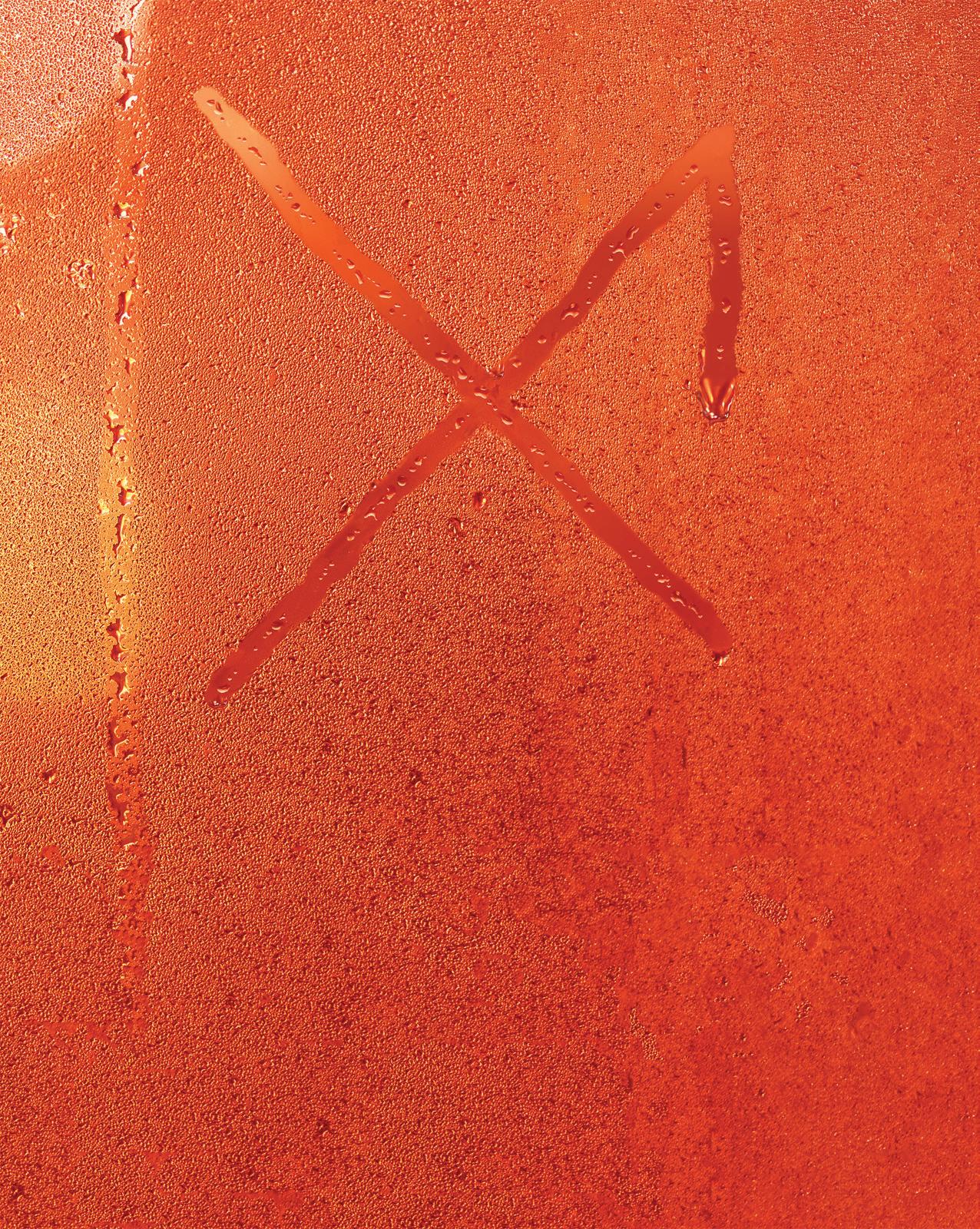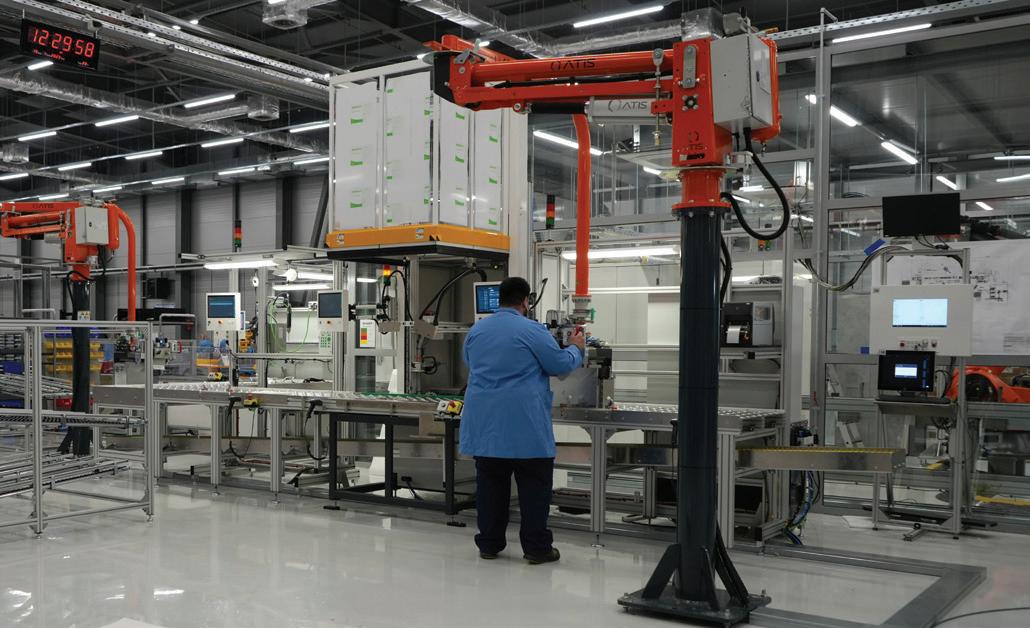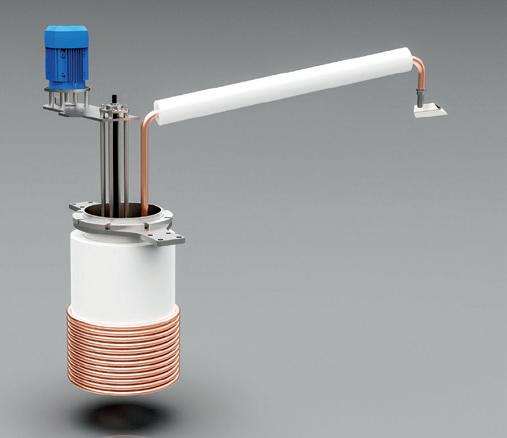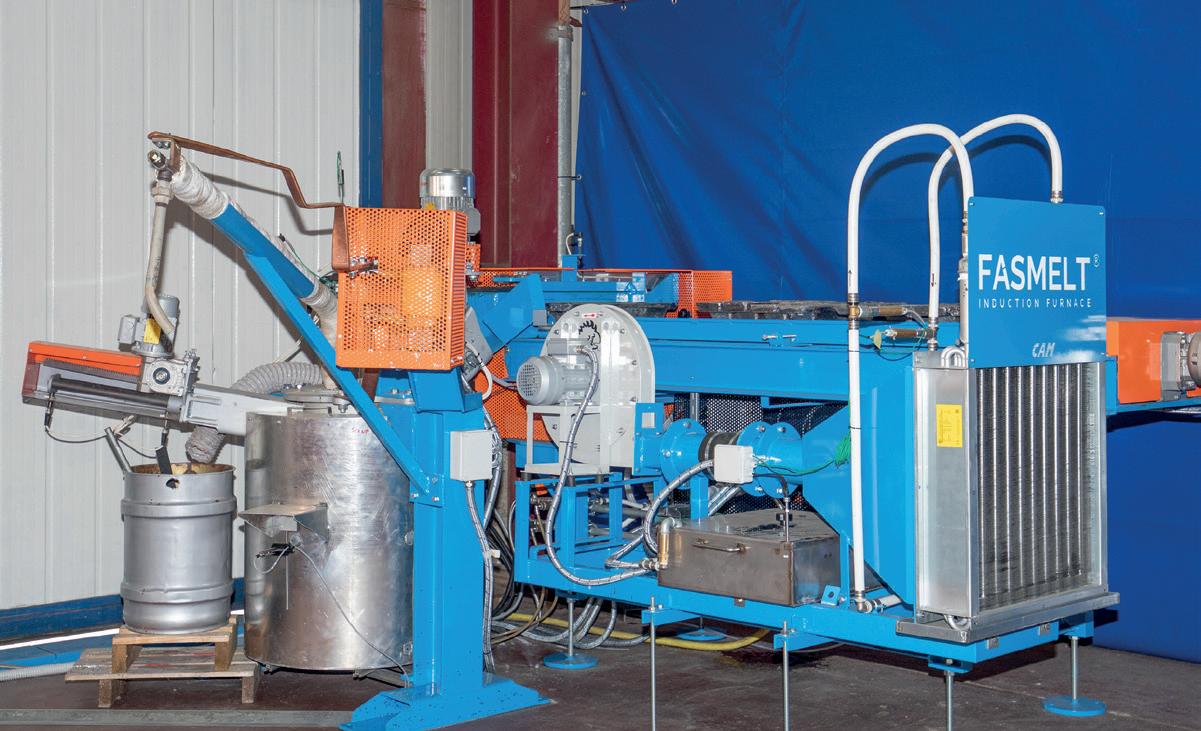
6 minute read
No Steam Required.Curing
Accelerate TTBLS Crystal Growth with Less Time and Energy Use

Improve your product AND your bottom line. Treated SureCure is a fundamentally better way to create TTBLS crystals, with more uniformity and more efficiency in, both, time and energy use, compared to steam curing and other methods. Battery manufacturing and performance will benefit from tested and proven enhancements like stronger plates, more-consistent curing, increased cycle life, and improved charge acceptance — all while providing verifiable savings.
INDUSTRY NEWS Hammond Bolsters Asian Production Capacity With New Treated SureCure® Manufacturing Line
With full-scale operations of its North American Treated SureCure® manufacturing line underway, Hammond Group announced increased production capacity at its Malaysian plant. The facility in Kuala Lumpur is capable of making just over 4.1 million pounds of Treated SureCure® per year. Demand for one of its most effective additives had risen to such a degree that the company doubled capacity by bringing production online in the US in early 2023. In addition to SureCure® products, Hammond Malaysia produces Advanced Negative Expanders tailored to assist with SLI, Deep-Cycle, PSoC and such lead acid products still have a role to play in less-intensive shift applications with limited, if any, charging capabilities.


Energy Storage needs. The plant is ISO:9001 Certified and allows for quick turnaround on orders to customers throughout Asia. Read more at HammondGlobal.com/news.

For example, lead batteries are more cost-effective for low/medium density applications, which still constitute a viable market.
Sunlight has specialized in industrial mobility for decades, he says. “We know how to produce them well, at scale and on time to meet customer needs.”
It is for this reason that Sunlight’s board has given the green light for ongoing investment in lead production and why, Deligiannakis says, the group remains committed to producing high quality lead batteries for specific applications.
“Lead-wise, we see our growth coming from existing products and investments are geared towards expanding capacity and optimizing production via automation, with the focus being solely on flooded motive power.”
Sunlight is also investing about €10 million ($11 million) to more than double the annual capacity of its Komotini lead recycling plant in northeastern Greece by 2025 from the current 45,000 tonnes annually to 100,000 tonnes of soft lead and lead alloys.
Meanwhile, the group has invested in complementary lead R&D facilities to expand production efficiency and quality.
Innovation in internet of things (IoT) solutions relating to lead is another facet of Sunlight’s armoury for capturing more commercial markets.
IoT platforms developed by the group include ‘Sunlight GLocal’ and ‘Sunlight KnoWi’.
KnoWi is a battery monitoring system that can be used to monitor the status of motive batteries and the forklift trucks they power, in real time, from anywhere using WiFi and GSM connectivity.
The platform instantly improves the efficiency of forklift fleets, offering
Sunlight Readies Lfp Cell Pilot Facility
Sunlight Group has been transforming itself from a producer of lead acid batteries, for industrial mobility and other markets, to an energy storage company embracing a technology-agnostic approach.
Today the company designs, develops and produces battery systems based on lithium ion as well as lead acid chemistries that use its controls, BMS and software to optimize batteries in mobility, industrial and storage markets.
This year Sunlight Group will complete its €130m LFP cell pilot facility, co-funded by the EU as an IPCEI, which will be fully operational by the end of 2023.
The pilot line is the precursor to Sunlight Group’s plans to eventually establish an LFP cell factory, in northern Greece, within the next few years and to be serial producing cells in 2027/2028.
In parallel it will produce batteries for the ESS market, using sourced LFP cells, at its lines in Europe and in North Carolina in the US, where a new factory is being established that will be Sunlight Group’s second plant in America.
One of the key markets the company is targeting is grid storage and Sunlight Group is in talks to partner companies that integrate batteries within BESS systems and those that provide turnkey battery installations. It is progressing towards making announcements in the next few months about these partnerships.
According to Deligiannakis, in the meantime the company is also investing in establishing its own team focused exclusively on the grid BESS market, which will span R&D, engineering as well as smart and accurate performance data, presented in a comprehensive, userfriendly way, Deligiannakis says.
GLocal is the firm’s proprietary smart cloud-based platform for its lithium ion batteries.
Despite its historic links to lead, he says the Sunlight of today is technology agnostic. “Our talented 200-strong R&D team (part of the group’s combined multi-national 3,300 workforce) works in five dedicated R&D centers across our operations exploring different chemistries and technologies.” commercial activities.
One of the company’s main advantages is its investment in its R&D team as well as decades of manufacturing experience. This means it can work closely with a partner, such as a BESS integrator or supplier, to hone its LFP batteries for that partner’s specific requirements, which would also feed into the company’s own proprietary LFP cell R&D activity.
Deligiannakis says: “We are technology agnostic when it comes to batteries. For example, our industrial battery products range includes both lithium ion and lead acid — that gives our clients flexibility when it comes to which solution best suits their requirements.
“In the EV market NMC and LFP each have their different advantages. However, when it comes to the ESS market, particularly the grid BESS market, it is immediately clear that LFP is the best technology. Safety and increased cycle life are the big factors.
“With LFP, you aren’t dependent on sourcing critical minerals either, which means the batteries can be cheaper to produce and are more sustainable.”
He and his team focus on sales to OEMs and dealers in Europe as well as on the commercial performance of all EU-based commercial subsidiaries, in addition to product management for all of the group’s traction and small ESS products. He has more than 15 years of experience in strategy and commercial roles, including with firms such as McKinsey & Company and Vodafone Greece.
The main lithium battery technology Sunlight is working with is lithium iron phosphate. Deligiannakis says LFP’s “excellent characteristics” include no use of contentious raw materials such as nickel or cobalt used in NMC-type batteries.
He says LFP is expected to gradually become the dominant li ion battery chemistry, representing 40% of the global battery market by 2030.
The company is assembling lithium ion energy storage systems at its Xanthi facility in Greece and is building a second such plant in the US, exclusively dedicated to lithium, in Mebane, North Carolina.
Separately, three automated production lines are being installed in Xanthi (one already commissioned) and one in Mebane.
“We’re investing heavily in these lithium assembly production lines, installing highly automatic and topperforming production lines with a 5GWh annual capacity.
Another two are operating in the newly-acquired facilities of Germanybased Triathlon.
“We’re also planning to invest €100 million in a new lithium ESS assembly plant, operative by mid-2025, with a 15GWh annual capacity of high-and medium-voltage systems for gridscale, commercial and industry, and home storage applications.”
In a related move, Sunlight is lead- ing ‘ReLife’ (recycling LFP), an EU-supported three-year project, in partnership with a consortium of industrial and academic partners including Germany’s Technische Universität Bergakademie Freiberg and the Helmholtz-Institut Freiberg für Ressourcentechnologie.
The project’s initial aim is to establish a pilot plant with a recycling capacity of 500 tonnes of batteries annually at Xanthi, which Sunlight says will be one of a handful worldwide recycling all sizes of LFP batteries.
Following the successful operation of the pilot recycling plant, additional capital investments can ramp-up production and establish a full-scale facility with an annual recycling capacity of thousands of tonnes, Deligiannakis said.
As for the manufacture of lithium battery cells, Sunlight is installing a production-scale pilot line for LFP lithium cells at Xanthi — a €130 million-plus investment (€50 million funded by the EU as a designated ‘important project of common European interest’ and €80 million from Sunlight).
The pilot line can also be adjusted to work with sodium-ion batteries, which Deligiannakis said is regarded as a promising chemistry for energy storage that Sunlight’s own R&D ex- perts are looking into.
Expected to be commissioned in the first quarter of 2024, the pilot line will develop “the optimal LFP cell that will then be produced on an industrial scale” in Europe.

The pilot will also serve as a “preparatory investment” in support of European ambitions for lithium ion battery cell gigafactories.
Deals Aplenty On Road To Expansion
Since December 2021, Sunlight has completed seven M&As.
In June 2023, the group announced its most recent investment agreement with longstanding Portuguese commercial partner Logbatind, to further establish itself in the Iberian market.
The most significant of these was its deal, for an undisclosed sum, with Germany-based Triathlon Holding.
This February, Sunlight said it had acquired a controlling 51% stake in Triathlon. It announced the acquisition of all remaining shares in Triathlon in July.
FASMELT

Just in time production: use it when you need it
Roughly 20 minutes to melt lead
Production rate is 3 tons per hour
Zero gas emissions











